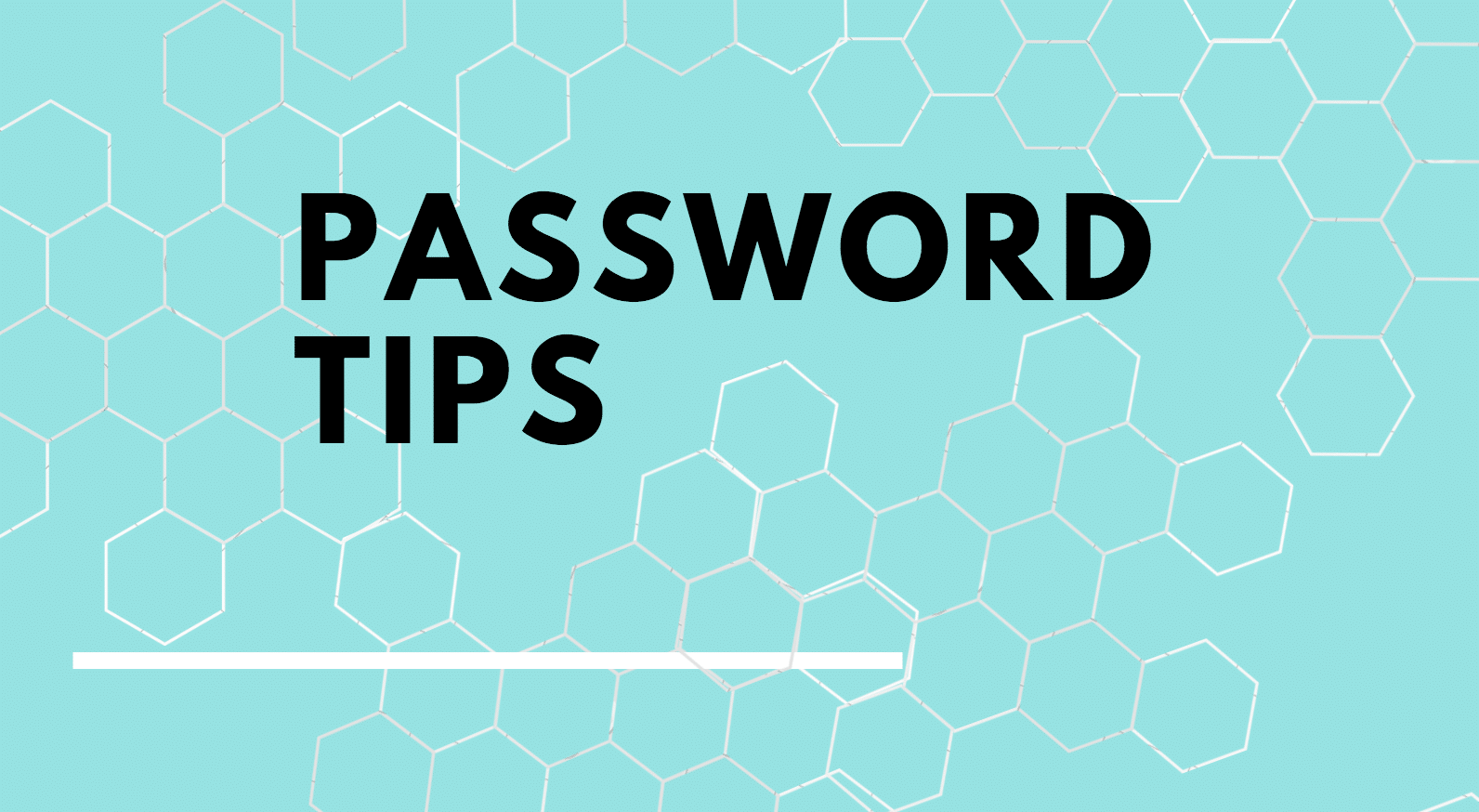

Also make sure you handle your passwords securely. Do not use passwords that correspond to easy-to-guess formats such as calendar dates, licence plates, or phone numbers.Ĭhoosing a strong password is not enough.Do not use a company name or an abbreviation in your password.Make sure the password or passphrase does not contain any personal information (for example, your child's date of birth or your partner's name).Choose words that are not on password blacklists (such as ‘password’ or ‘admin’).This means you only have to remember a single, strong password or passphrase and all your other passwords will be stored securely.

So, think of something completely different. This is easy to guess, and therefore not strong enough. If your old password is "BunnyRabbit12", do not create a new password that is very similar, for example "BunnyRabbit34". Do not create a password that is similar to one of your other passwords.Never use obvious words or sequences, such as the name of your partner or children, or most common passwords such as 12345, qwerty, or welcome01.Use lowercase, uppercase, numbers, special characters, and spaces.The more characters, the better (minimum 12 is recommended).An example of this is: "Because I want to use the internet safely = this is my password!". This is often easier to remember than a complex password. Choose a secret phrase that only you know. Create a passphrase instead of a password.Here are a few tips to help you create a strong password.Ĭhoosing a strong password is not enough. A strong password is hard to guess and difficult for a computer to crack.


 0 kommentar(er)
0 kommentar(er)
